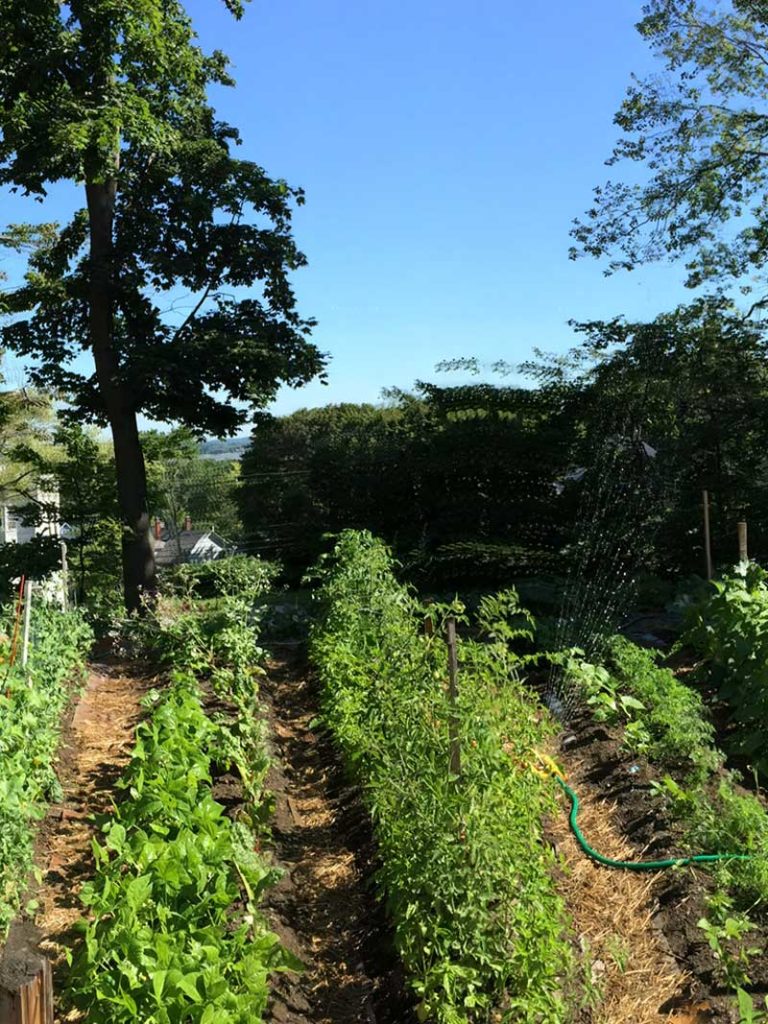
PERMACULTURE & CLIMATE CHANGE
Amidst the confusion of our times, we take refuge in what we know to be right and natural. So, this month we want to see the correlation between finding balance in the garden and saving the planet. The roots of permaculture are in the adage that “everything is connected to everything else.”
Finding balance in the garden directly connects to saving the planet. In both cases, we use limited resources wisely to produce the greatest possible effect. Each plant or object in a landscape is busily interacting with other elements and being acted upon in turn. Indeed, a natural landscape will capture, absorb, and recirculate most everything that enters it. Byproducts and wastes are recycled and swallowed into new living organisms.
But forgetting about balance has, in part, produced climate change which is now undermining our food supply. So, vegetable gardening is one way to meet our food needs. In a garden, we can produce food and observe balancing interactions among plant, animal, and human inhabitants.

An ecological garden:
- requires few outside inputs, especially once it’s mature,
- creates rather than destroys wildlife habitat,
- enhances air, water, and soil quality, and
- eventually results in less work instead of more.
Similarly, our homes (and the planet) are under threat. By carefully examining environmental legislation and policies we can find ways to reroute power away from the 1% and to the 99% (and the political and economic institutions serving them). Imagine justly distributed political, economic, and cultural power where humans have regenerative relationships with nature.
Since so little time is left, significant economic disruption and transformation may well occur. What can we do? Take inspiration from the Green New Deal. Specifically, it proposes a large-scale economic mobilization deploying the nation’s resources in response to the crisis. A common strategy and relentlessly pursuing shared goals must supersede everything else. Further, transitioning away from fossil fuels, which currently power most everything, is a key thing to do.
Permaculture holds powerful lessons that could guide many of our actions and, thereby, help us find a balance between production and consumption.
BRIGHT IDEA: Review the Sierra Club’s Path to Carbon-Positive Landscaping.
Read Sierra magazine March/April 2021.
Portland Climate Action Team (PCAT) writes the monthly column Bright Ideas. PCAT meets monthly on the fourth Thursday of each month, 6-7:30 PM. All are welcome to join in. FMI: portlandclimateaction@gmail.com.
Thank you for reading WEN Climate Justice pages!





